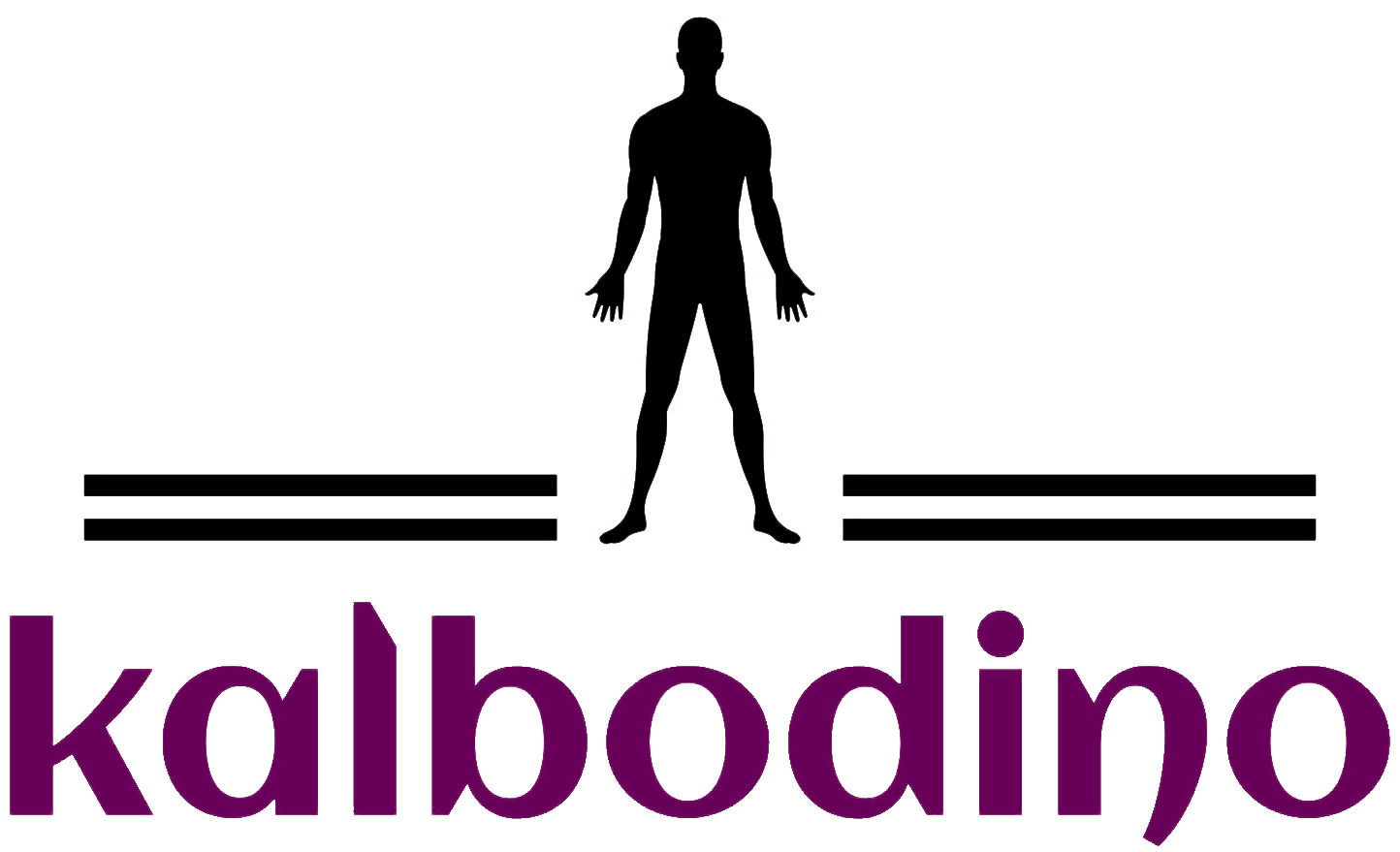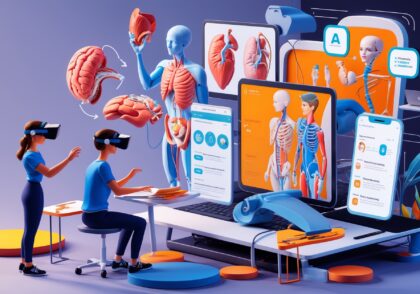The importance of outreach work for children and adolescents
Introduction
Extension work for children and adolescents is one of the most important parts of upbringing and education during the growth period. These activities can have profound effects on the development of personality, social skills, and the educational and career future of children and adolescents. In this article, we will examine the importance and quality of extension work for children and adolescents, effective methods in this field, and its long-term effects.
The importance of outreach work for children and adolescents
The impact of outreach work on social and emotional development
One of the most important aspects of outreach work for children and adolescents is its impact on social and emotional development. This type of work helps children and adolescents strengthen their social skills and establish more positive relationships with others. Through group activities and collaborative work, children can learn how to respect the needs and feelings of others and become familiar with cultural and social diversity.
Positive social and emotional effects:
-
- Strengthening communication skills
- Improving the ability to empathize and collaborate
- Reducing feelings of loneliness and social isolation
Extension work and its impact on cognitive development
Outreach work can help strengthen the cognitive skills of children and adolescents. Outreach activities engage children in problem-solving, critical thinking, and creativity. These activities give children the opportunity to test their mental abilities in practice and learn how to process and analyze information.
The role of extension work in cognitive development:
-
- Strengthen problem-solving skills
- Increasing decision-making power
- Stimulating creativity and critical thinking
Quality of Extension Work: Effective Factors
Proper design of promotional programs
For outreach work to be effective, it is essential to design appropriate programs that are tailored to the needs of children and adolescents. Outreach programs should be designed to suit the age, interests, and individual needs of each child and adolescent. These programs should be designed to strengthen children’s mental, social, and emotional abilities while providing them with opportunities for fun and recreation.
Characteristics of effective promotional programs:
-
- Design tailored to age and individual needs
- Use diverse and engaging activities
- Providing positive and constructive feedback
- Encourage active participation
The role of trainers and practitioners in the quality of extension work
Educators and those who lead outreach programs play a crucial role in the quality of these activities. They must have the ability to motivate and guide children and adolescents and consistently use creative and effective methods to enhance children’s learning and participation.
- The role of trainers and practitioners:
- Ability to motivate and create a positive learning environment
- Using modern educational methods
- Regularly assess progress and provide constructive feedback
The importance of environment and resources in extension work
The physical environment and educational resources can also have a significant impact on the quality of outreach work. Adequate space for activities, access to appropriate educational resources, and adequate equipment can significantly enhance the quality of outreach programs. In this regard, providing a safe and engaging environment for children and adolescents is of particular importance.
Environmental factors affecting promotional work:
-
- Creating safe and attractive environments for children
- Providing appropriate resources and equipment
- Access to open spaces for physical and group activities
Effective methods in promotional work for children and adolescents
Using educational and fun games
Educational games are one of the best methods of outreach work for children and adolescents. In addition to being fun, these games can enhance various skills in children, including problem solving, collaboration, and creativity. Educational games can indirectly convey necessary education to children using attractive methods.
Benefits of educational games:
-
- Strengthening social and cooperation skills
- Increase focus and attention
- Improving problem-solving and critical thinking skills
Creating group and team activities
Group and team activities not only help children learn how to work in a team, but they also challenge them to develop leadership, collaboration, and problem-solving skills. These types of activities can be implemented in educational settings and outside of them (such as camps or group projects).
Benefits of group activities:
-
- Strengthening social and communication skills
- Learning to cooperate and resolve conflicts
- Increased self-confidence and responsibility
Using technology in promotional work
The use of technology in education and outreach has become very common today. Apps, digital games, and online tools can be used effectively in the process of educating and promoting skills for children and adolescents. Technology can create new areas of learning and interaction that are especially attractive to the younger generation.
Technology in promotional work:
-
- Using educational apps and online games
- Interaction and learning through digital platforms
- Increasing access to diverse educational resources
Long-term effects of outreach work on children and adolescents
Personality development and increased self-confidence
Outreach work can have long-term effects on the personality development of children and adolescents. These activities help them to know themselves, understand their strengths and weaknesses, and as a result, strengthen their self-confidence. This personality development is especially important during adolescence.
Effects on personality and self-confidence:
-
- Strengthening self-confidence and self-esteem
- Developing personality traits such as responsibility and self-motivation
- Learning to manage emotions and make ethical decisions
Preparing for the professional world
Another long-term impact of outreach work is preparing children and adolescents for the professional world and its challenges. These activities indirectly prepare them for future roles in society and various jobs.
Preparing for the professional world:
-
- Strengthening communication and team skills
- Leadership and management skills training
- Increasing professional competencies
Conclusion
Extension work for children and adolescents is not only effective in improving their social and emotional skills, but can also contribute significantly to their cognitive growth and personality development. By designing effective programs and using modern methods such as educational games and group activities, we can provide suitable conditions for children and adolescents to learn and grow. These activities have long-term effects that can prepare them to face the challenges of life and the professional world.







Leave a Reply
You must be logged in to post a comment.